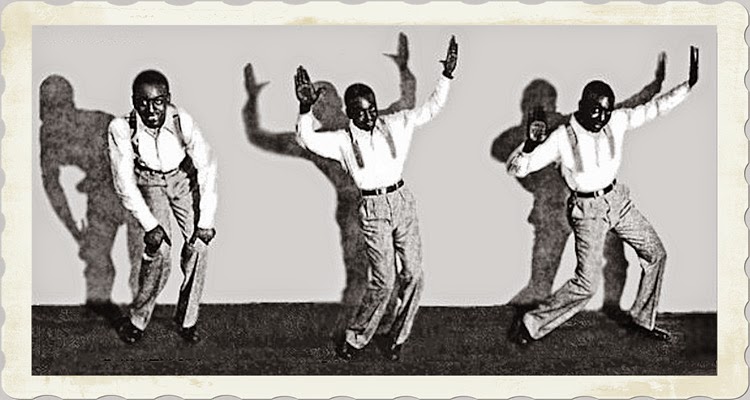 |
| Georgia Douglas Johnson (image source: wikimedia) |
The closing figure of the Harlem Renaissance for my Black History Month 2015 is the writer Georgia Douglas Johnson. This is another figure that did not specifically live in Harlem yet is indelibly associated with the era.
~~~
From Wikipedia:
Georgia Blanche Douglas Camp Johnson, better known as Georgia Douglas Johnson (September 10, 1880 – May 14, 1966), was an American poet, one of the earliest African-American female playwrights, and a member of the Harlem Renaissance.
Johnson's husband accepted an appointment as the Recorder of Deeds from United States President William Howard Taft, and the family moved to Washington, D.C., in 1910. It was during this period that Johnson began to write poems and stories. She credited a poem written by William Stanley Braithwaite about a rose tended by a child, as her inspiration for her poems. Johnson also wrote songs, plays, short stories, taught music, and performed as an organist at her Congregational church.
Poetry
She began to submit poems to newspapers and small magazines. Her first poem was published in 1905 in the literary journal The Voice of the Negro, though her first collection of poems was not published until 1916. She published four volumes of poetry, beginning in 1916 with The Heart of a Woman. Her poems are often described as feminine and "ladylike" or "raceless" and use titles such a "Faith", "Youth", and "Joy". Her poems appeared in multiple issues of The Crisis, a journal published by the NAACP and founded by W. E. B. Du Bois. "Calling Dreams" was published with the January 1920 edition, "Treasure" in July 1922, and "To Your Eyes" in November 1924.
Plays
Johnson wrote about 28 plays. Plumes was published under the pen name John Temple. Many of her plays were never published because of her gender and race. Gloria Hull is credited with the rediscovery of many of Johnson's plays. The 28 plays that she wrote were divided into four sections: "Primitive Life Plays", "Plays of Average Negro Life", "Lynching Plays" and "Radio Plays". Several of her plays are lost. In 1926, Johnson's play "Blue Blood" won honorable mention in the Opportunity drama contest. Her play "Plumes" also won in the same competition in 1927. Johnson was one of the only women whose work was published in Alain Locke's anthology Plays of Negro Life: A Source-Book of Native American Drama. Johnson's typescripts for ten of her plays are in collections in academic institutions.
(There is much more about her activism and work in the full wiki)
~~~
This is another female voice to add to the history of Black people in America. I find it interesting that Miss Johnson used a male pen name to bet her plays published. I have considered using a pen name sometimes just to see if it would change what people think of the words they are reading.I haven't gone through with that notion though.













.jpg)








.jpg)










.jpg)